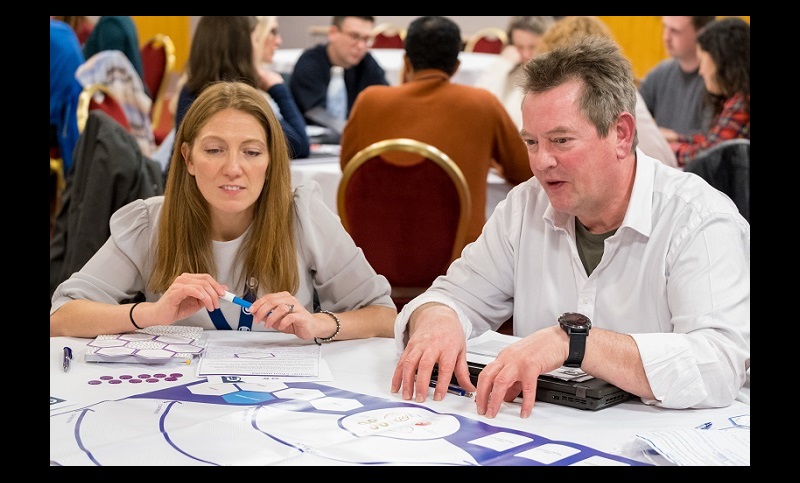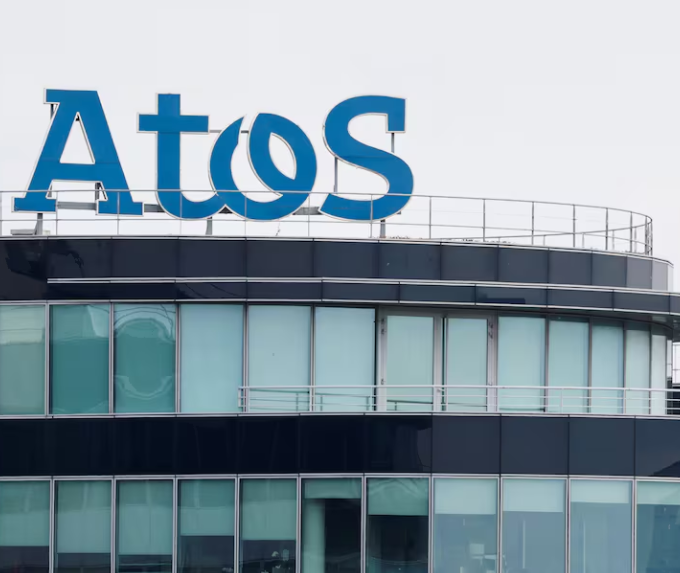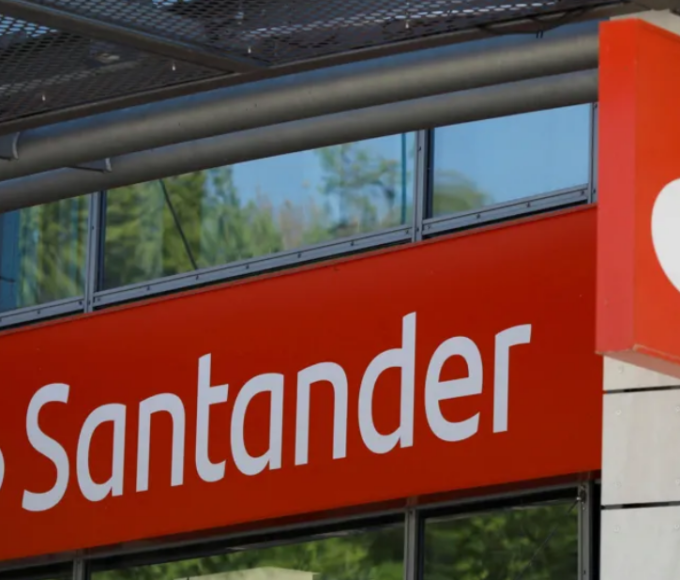- Home
- Billionaires
- Investing Newsletters
- 193CC 1000
- Article Layout 2
- Article Layout 3
- Article Layout 4
- Article Layout 5
- Article Layout 6
- Article Layout 7
- Article Layout 8
- Article Layout 9
- Article Layout 10
- Article Layout 11
- Article Layout 12
- Article Layout 13
- Article Layout 14
- Article Sidebar
- Post Format
- pages
- Archive Layouts
- Post Gallery
- Post Video Background
- Post Review
- Sponsored Post
- Leadership
- Business
- Money
- Small Business
- Innovation
- Shop
Recent Posts
Innovative Gaming Meets Sustainability: Cranfield School’s “Game of Life” Wins Prestigious FT Teaching Award

In a significant recognition of innovative educational approaches, Cranfield School of Management has been awarded the Financial Times Responsible Business Education Award for its groundbreaking role-playing game, “Game of Life,” which envisions sustainable futures for Europe by 2050. The game, which has engaged over 2,500 participants since its 2018 launch, has been lauded for its unique approach to teaching sustainability and business responsibility.
The game stands out for its ability to foster psychological traits and competencies aligned with agency characteristics, including intentionality and self-regulation, as revealed through early participant interviews. Associate Professor Rosina Watson of Cranfield emphasizes that this educational method goes beyond traditional knowledge transfer, providing students with a safe environment to exercise their agency in contributing to sustainable transitions.
What makes the “Game of Life” particularly effective is its foundation in four key principles: ecosystem convening, shifting time horizons, making ‘business as usual’ untenable, and liberating players from preconceived notions and roles. This approach has garnered praise from industry experts, including Megan Kashner, a judge and director at Northwestern’s Kellogg School of Management, who commends the game’s incorporation of systems thinking, empathy development, and gamified simulation.
The award comes at a time when business schools worldwide are transforming their educational methods to prepare future leaders for an increasingly complex and sustainability-focused business environment. This year’s awards highlight how educational institutions are innovating their curricula by incorporating sustainability, practical experiences, and cutting-edge technologies to address global challenges.
The success of Cranfield’s initiative reflects a broader trend in business education, where traditional teaching methods are being supplemented or replaced by more engaging, experiential learning approaches1. The game’s effectiveness in developing change agents has led to calls for wider adoption of similar educational models across business schools globally.
- agency development
- business education
- Business Leadership
- business responsibility
- business schools
- business simulation
- business strategy
- change management
- climate action
- climate change education
- climate education
- corporate responsibility
- Cranfield School of Management
- educational excellence
- educational gaming
- educational innovation
- educational methodology
- educational reform
- educational technology
- educational transformation
- Environmental Awareness
- environmental education
- environmental leadership
- Europe 2050
- experiential learning
- Financial Times award
- Future Leaders
- Future Planning
- future scenarios
- Game of Life
- interactive learning
- Leadership Development
- leadership training
- learning technologies
- pedagogical innovation
- professional development
- Role-Playing Games
- Strategic Decision-Making
- Strategic Thinking
- student engagement
- sustainability education
- sustainability skills
- sustainable business
- Sustainable Development
- Sustainable Future
- Sustainable Practices
- Sustainable Solutions
- sustainable transitions
- systems thinking
- teaching innovation
- transformative learning
Recent Posts
Categories
- 193 Countries Consortium Partner1
- 193cc Digital Assets2
- 5G1
- Aerospace & Defense48
- AI37
- Arts3
- Banking & Insurance11
- Big Data3
- Billionaires1,506
- Boats & Planes1
- Business332
- Careers13
- Cars & Bikes79
- CEO Network1
- CFO Network17
- CHRO Network1
- CIO Network1
- Cloud10
- CMO Network18
- Commercial Real Estate7
- Consultant1
- Consumer Tech194
- CxO1
- Cybersecurity73
- Dining1
- Diversity, Equity & Inclusion4
- Education7
- Energy8
- Enterprise Tech29
- Events11
- Fintech1
- Food & Drink2
- Franchises1
- Freelance1
- Future Of Work2
- Games149
- GIG1
- Healthcare79
- Hollywood & Entertainment203
- Houses1
- India’s 1000 Richest1
- Innovation46
- Investing2
- Investing Newsletters4
- Leadership65
- Lifestyle11
- Manufacturing1
- Markets20
- Media327
- Mobile phone1
- Money13
- Personal Finance2
- Policy569
- Real Estate1
- Research6
- Retail1
- Retirement1
- Small Business1
- SportsMoney42
- Style & Beauty1
- Success Income1
- Taxes2
- Travel10
- Uncategorized15
- Vices1
- Watches & Jewelry2
- world's billionaires1,475
- Worlds Richest Self-Made Women2
Related Articles
Atos Surpasses 2024 Liquidity Targets with €2.19 Billion Year-End Position, Marking Strong Financial Recovery
French IT giant Atos SE has announced its estimated liquidity position for...
By 193cc Agency CouncilJanuary 22, 2025Bitcoin Shatters Records, Surges Past $109,000 as Trump’s Inauguration Fuels Crypto Rally
In a historic moment for the cryptocurrency market, Bitcoin reached an unprecedented...
By 193cc Agency CouncilJanuary 20, 2025Billions in Child Trust Funds Remain Unclaimed as Young Adults Miss Out on Financial Windfall
A staggering £1.4 billion in Child Trust Funds (CTFs) remains unclaimed, with...
By 193cc Agency CouncilJanuary 20, 2025Santander Mulls Historic UK Market Exit Amid Profitability Concerns and Regulatory Pressures
Spanish banking giant Banco Santander is contemplating a potential exit from the...
By 193cc Agency CouncilJanuary 20, 2025















Leave a comment